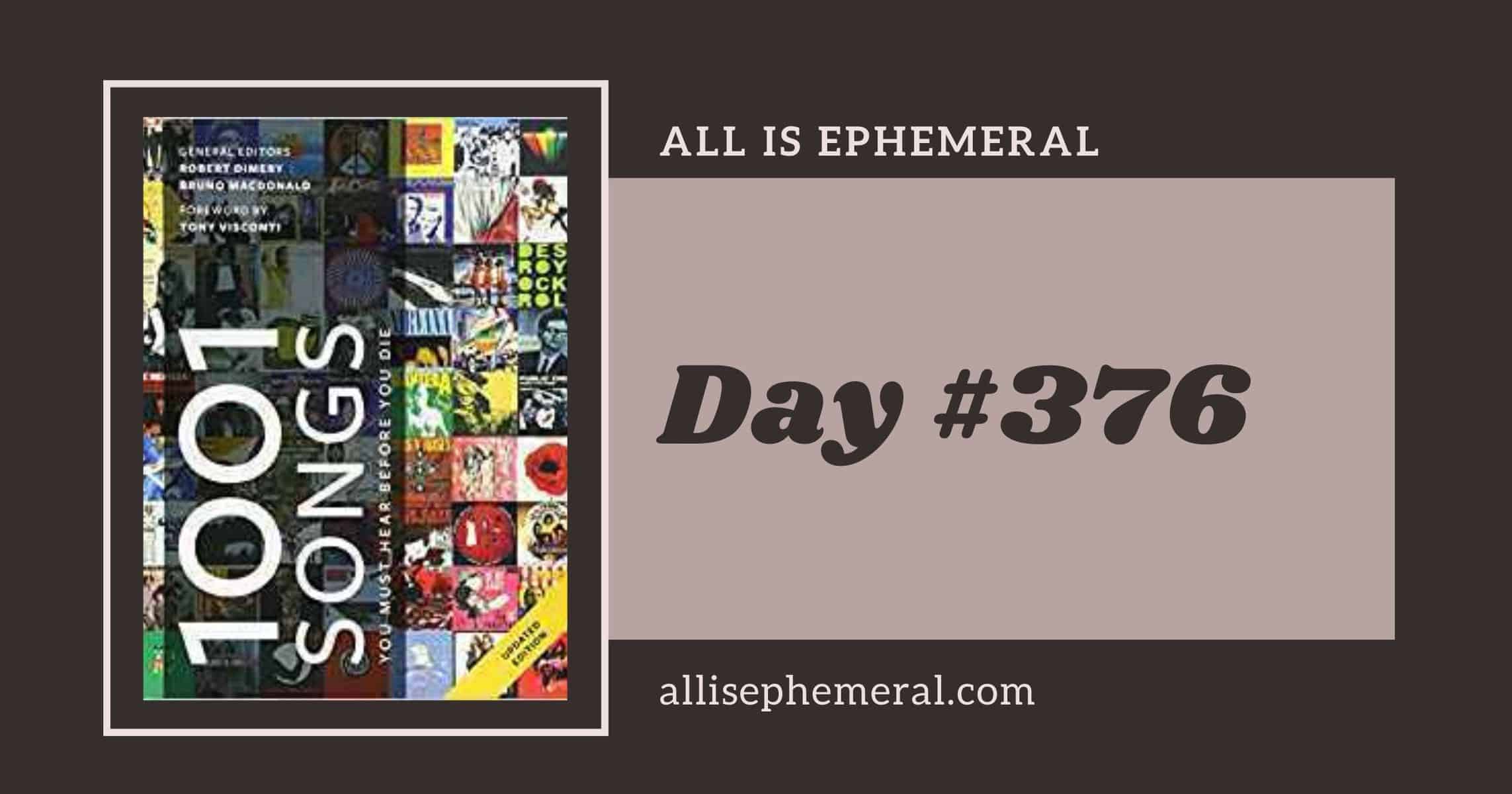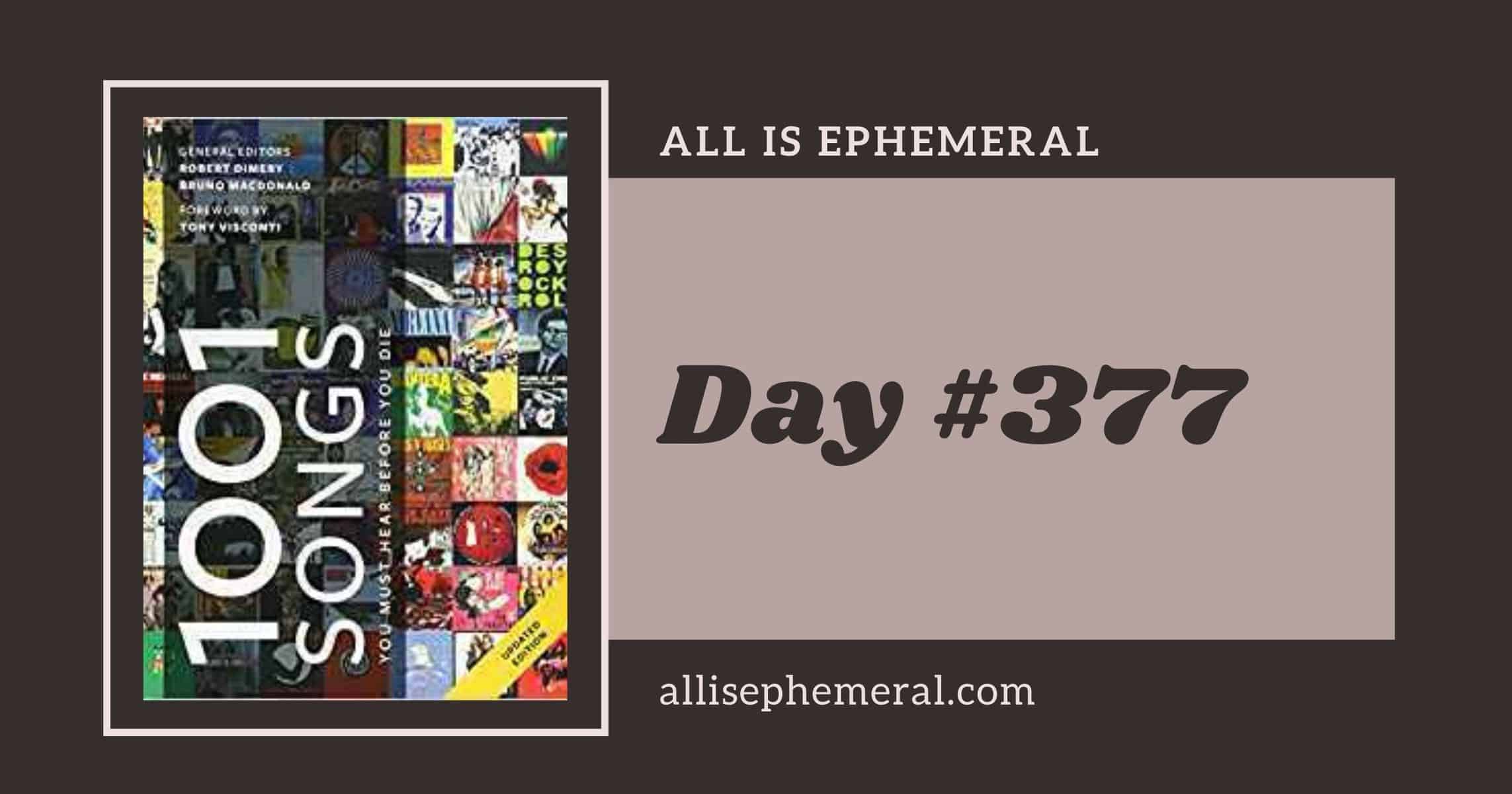
Film Review: Gertrud (1964)
Gertrud (1964) – IMDb
Carl Theodor Dreyer has always been seen as one of cinema’s greats and his movies have been praised everywhere and are still being watched by many movie fanatics now days. I however must admit that I have never been a that big fan of his work.
Gertrud
Hopeless romantic Gertrud (Nina Pens Rode) inhabits a turn-of-the-century milieu of artists and musicians, where she pursues an idealized notion of love that will always elude her. She abandons her distinguished husband (Bendt Rothe) and embraces an affair with a young concert pianist (Baard Owe), who falls short of her desire for lasting affection.
Gertrud (1964)
Carl Theodor Dreyer’s 1964 drama would prove to be the last film he completed before his death in 1968. I had previously enjoyed a selection of short films from the Danish director as well as his 1928 masterpiece, The Passion of Joan of Arc, so was naturally intrigued to have a look at his swansong. Dreyer was working on other projects after 1964 but did not complete any so Gertrud remains his final testament.

Gertrud tells the story of a former opera singer known as Gertrud who is married to Gustav Kanning, a lawyer and politician. Theirs is not a happy marriage though. Gustav is career driven, always aiming higher, while a neglected Gertrud has now taken solace in the arms of a younger lover. To make matters worse, Gertrud now desires an end to this marriage with Gustav, something he clearly disagrees with. The question is will the couple find a way to salvage their union or is their relationship destined to fail?
Dreyer’s final film is a slow, often ponderous narrative, focusing more on what is being said between the characters rather than on a plethora of events taking place. The characterisation here is of a high standard with Gustav being a traditional breadwinner, hard-working though overlooking his wife. Gertrud is a fascinating character. She is a woman of striking independence for the time that the film is set in and has a firm belief about her desires and ambitions. Clearly something has to give in the story though and a resolution of sorts has to be reached. How the story ultimately unfolded was quite a surprise to be honest but the concluding segment was still a welcome one. Gertrud is notable for some long shots put together during production, which make it worth one’s time from a technical angle. Overall, this pales significantly compared to The Passion of Joan of Arc but it still demonstrates a director who was capable of great work in his final years.
Verdict: An interesting display of both characterisation and an awkward love triangle.
3.5/5





